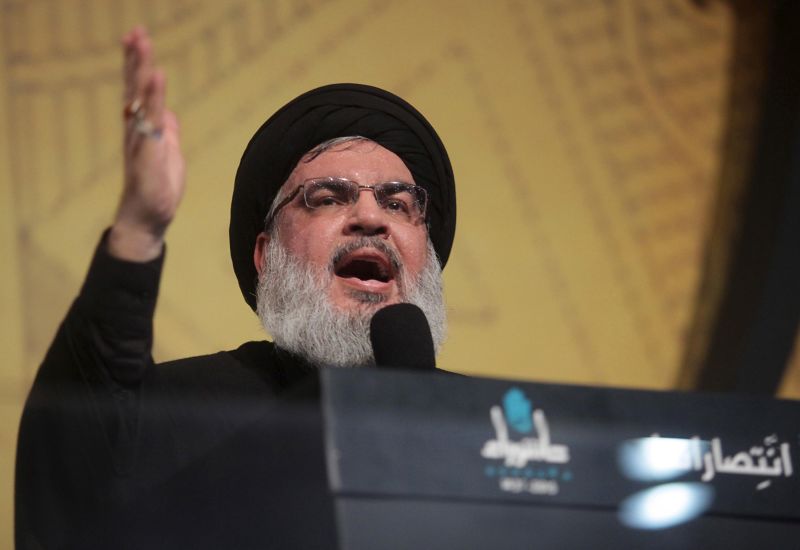
Israel Claims Death of Nasrallah in Airstrike, as Hezbollah Emerges as Regional Powerhouse
Nasrallah, the Controversial Leader of Hezbollah
Hezbollah, the Lebanese Shiite militant group, has long been a significant player in the complex geopolitics of the Middle East. At the forefront of this organization stands Hassan Nasrallah, a controversial figure who has overseen Hezbollah’s rise into a formidable regional force. However, recent reports claiming Nasrallah’s death in an alleged Israeli airstrike have reignited debates over his legacy and the future of Hezbollah.
Nasrallah’s leadership of Hezbollah can be characterized by both his unwavering commitment to the group’s resistance against Israel and his controversial tactics. Under his direction, Hezbollah has engaged in violent confrontations with Israel, including the 2006 Lebanon War that inflicted significant damage on both sides. Nasrallah’s fiery rhetoric and uncompromising stance have galvanized his supporters while stoking tensions with Israel and its allies.
Despite his confrontational approach, Nasrallah has also been credited with transforming Hezbollah into a well-organized and disciplined military and political force. He has successfully balanced the group’s militant activities with its role as a key player in Lebanese politics, ensuring that Hezbollah remains a formidable presence both domestically and regionally. Nasrallah’s ability to navigate these dual roles has solidified his position as a central figure in the Middle Eastern power structure.
The reported airstrike that targeted Nasrallah has sparked speculation over its implications for Hezbollah and the wider region. If confirmed, his death would mark a significant turning point for the group, raising questions about its future leadership and strategic direction. Nasrallah’s absence could create a power vacuum within Hezbollah, potentially leading to internal power struggles and external challenges from rival factions.
At the same time, Nasrallah’s potential demise may also present opportunities for Hezbollah to reassess its tactics and priorities. Without his charismatic leadership, the group could seek to pursue a more conciliatory approach towards its adversaries, opening new avenues for diplomacy and conflict resolution. Alternatively, Hezbollah may intensify its militant activities in retaliation for Nasrallah’s death, further destabilizing the region and escalating tensions with Israel.
As the uncertainty surrounding Nasrallah’s fate continues, the future of Hezbollah remains uncertain. Whether he is confirmed to be alive or dead, Nasrallah’s legacy as a polarizing and influential figure in the Middle East is undeniable. His leadership has shaped Hezbollah into a powerful force with far-reaching implications for regional security and stability. The challenges and opportunities that lie ahead for Hezbollah will be profoundly affected by the actions and decisions of its enigmatic leader, Hassan Nasrallah.
